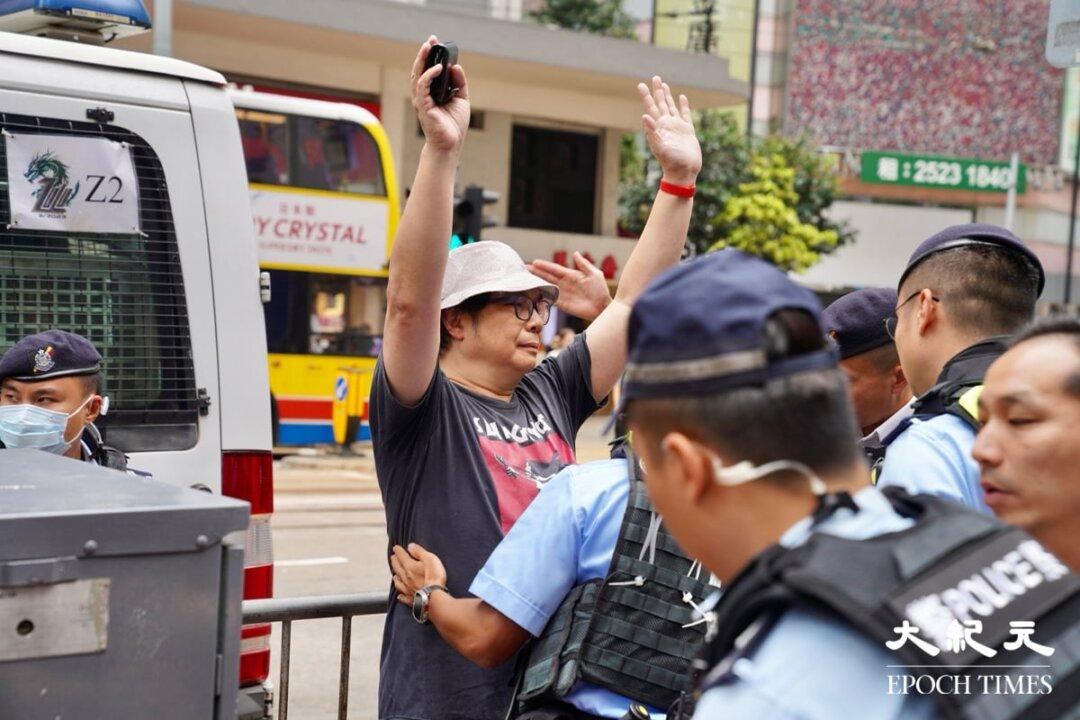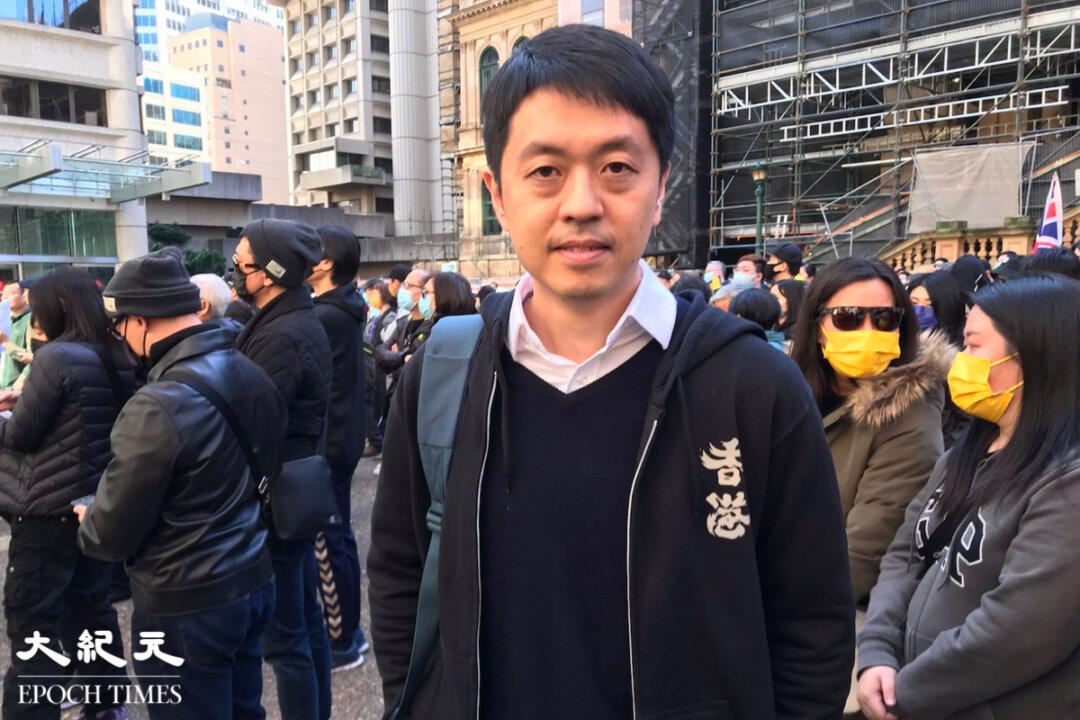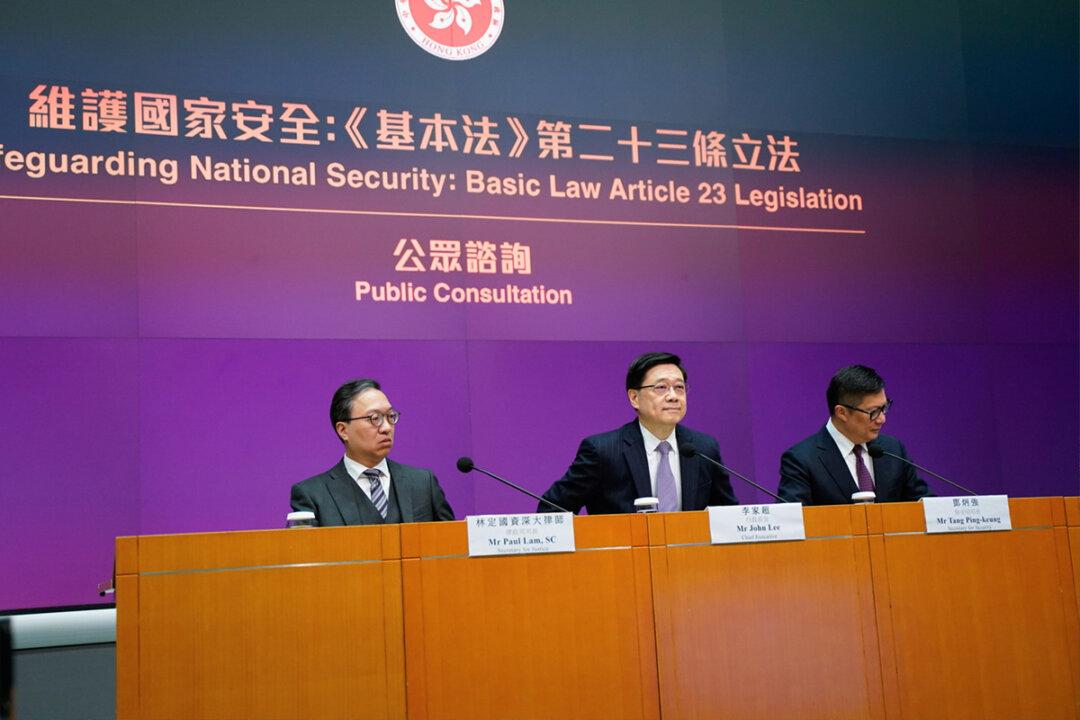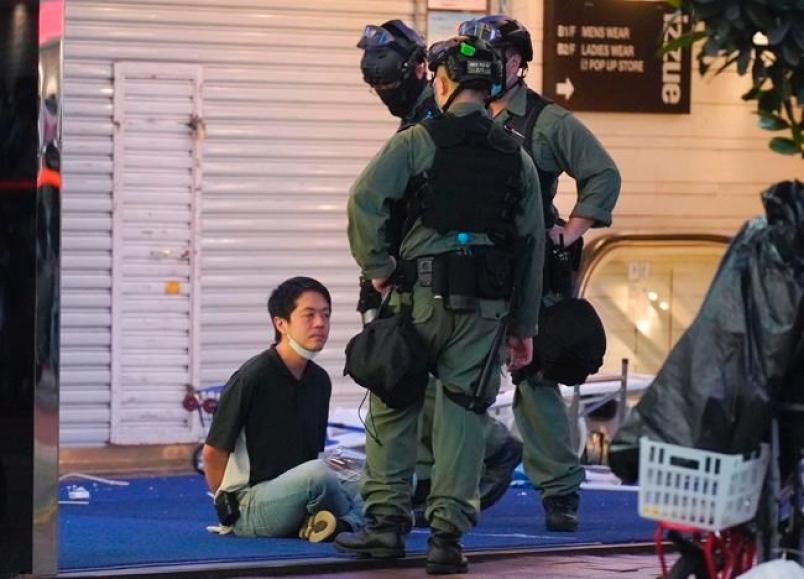Since the Cold War era, Hong Kong has been known as the “paradise of banned books in China”—books politically restricted in communist China or deemed undesirable by the “Free China” authorities in Taiwan circulated freely under Hong Kong’s publishing freedom. However, since the implementation of the Hong Kong National Security Law in 2020, which established a precedent for prosecuting individuals based on their speech, and recent statements by the Commissioner of Customs and Excise, Louise Ho Pui-shan, indicating stricter checks on the import and export of “soft resistance” items to and from mainland China, a new wave of “red terror” has arisen. The Hong Kong government has taken strong actions against publications in recent years, marking the end of the “banned book paradise.”
HK Customs Tightens Restrictions on Soft Resistance, No More ‘Banned Book Paradise’
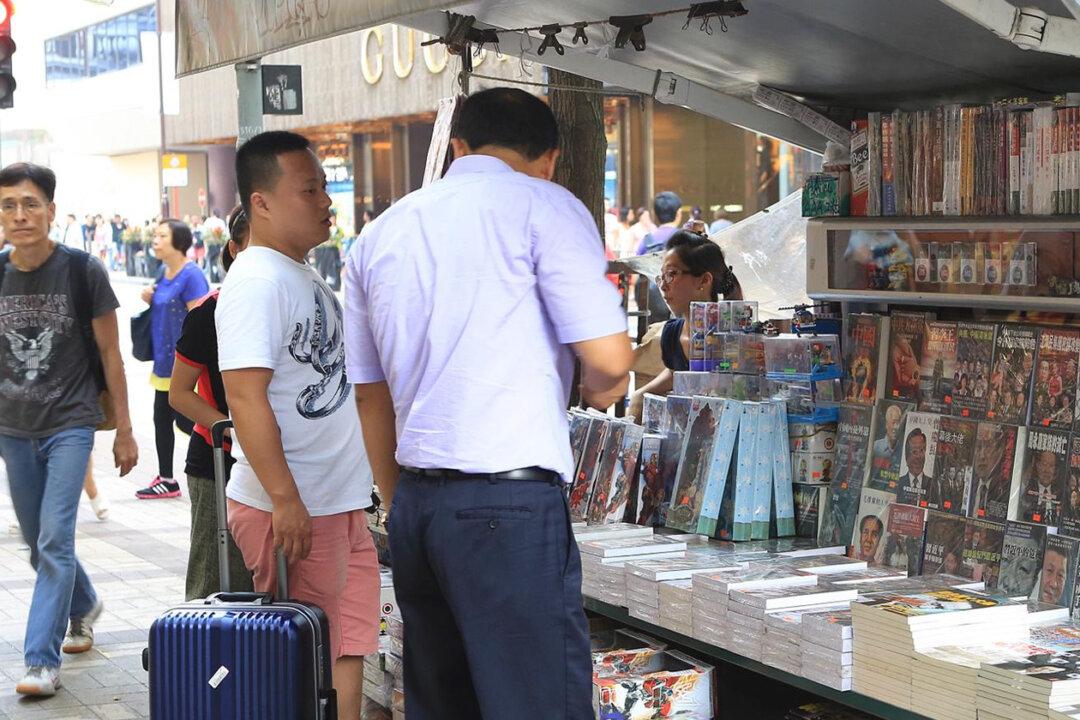
Two mainland tourists purchase banned books at a newsstand in Tsim Sha Tsui, Hong Kong, on July 30, 2014. Adrian Yu/The Epoch Times
Ms. Ho emphasized in an article in the pro-Beijing newspaper Ta Kung Pao on Aug. 8 that Hong Kong Customs would “strictly inspect ’soft resistance’ items entering Hong Kong or being transported to the mainland, effectively safeguarding political security.” This raised public questions about the definition of “soft resistance.”
